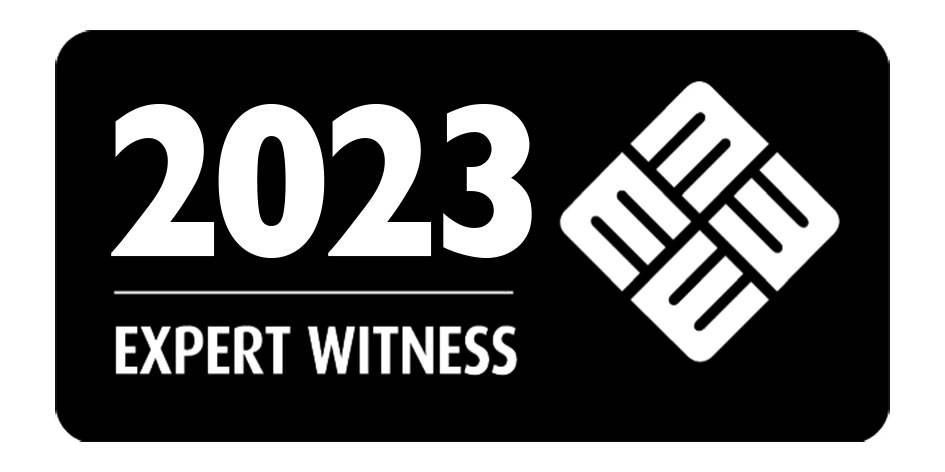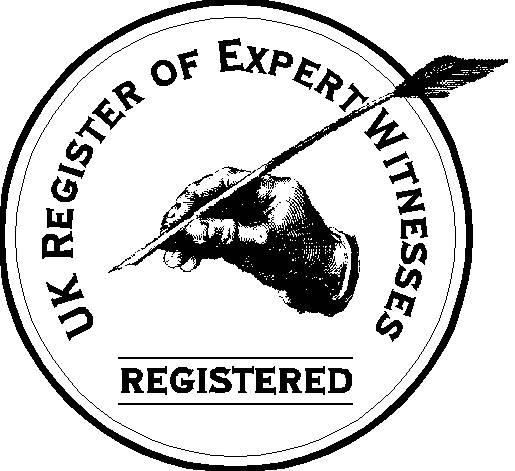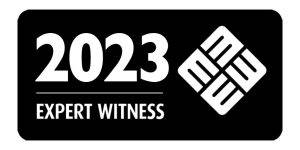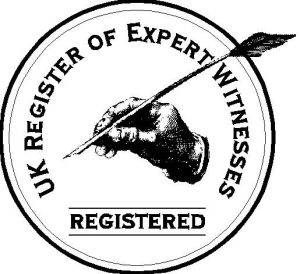
CPS Guidance for the instruction of experts
The document can be found here
It is a comprehensive guide on expert evidence from the Crown Prosecution Service (CPS) of the UK. It provides detailed information on the definition, duties, admissibility, and selection of expert witnesses, along with instructions on how to understand and use an expert’s report. It also covers the use of expert witnesses in court, challenging defense experts, expert fees, and more.
Here are some key points from the document:
1. **Definition of Expert Witness**: An expert witness can provide the court with a statement of opinion on any admissible matter calling for expertise by the witness if they are qualified to give such an opinion.
2. **The Duty of an Expert Witness**: The duty of an expert witness is to help the court to achieve the overriding objective by giving an opinion that is objective and unbiased, in relation to matters within their expertise. This duty overrides any obligation to the party from whom the expert is receiving instructions.
3. **Admissibility of Expert Evidence**: Expert evidence is admissible to furnish the court with information which is likely to be outside the experience and the knowledge of a judge or jury. The expert must be able to provide impartial, unbiased, objective evidence on the matters within their field of expertise.
4. **Choosing an Expert**: An expert may be instructed at any stage of a case, from the outset of the investigation to the point of trial. Prior to choosing an expert, prosecutors must have regard to how the expert is to be paid.
5. **Instructing an Expert**: Whether the expert is instructed before or after charge, it is desirable for the decision to instruct an expert to be agreed between the investigator(s) and the prosecution.
6. **Understanding an Expert’s Report**: The report should only be sought once the investigation has reached a stage where the evidence of fact has been obtained and the issues upon which assistance is needed are sufficiently clear to enable an opinion to be formed.
7. **Using the Expert Witness at Court**: The expert’s evidence can be used in court to provide information that is likely to be outside the experience and knowledge of a judge or jury.
8. **Challenging Defense Experts**: If a challenge on the grounds of inadmissibility is unlikely to succeed, prosecutors should be prepared to use the information available to them to cross-examine experts for the defense with a view to undermining the weight to be attached to that evidence.
9. **Expert Fees**: The police pay for all investigative work and the CPS pay for all work relevant to the presentation of the case at trial.
This is a summary and the actual document contains more detailed information and guidance.
Medical Evidence
“Medical evidence” means the evidence of medically qualified persons, including psychiatrists, which is admissible to furnish the court with information outside the knowledge of a judge, bench or jury.
Evidence given by a suitably qualified doctor that simply reports the injuries sustained by a victim to an assault is not evidence of opinion and is rarely likely to be disputed. Whether a particular injury amounts to grievous or actual bodily harm is a matter for the bench or jury to determine.
Prosecutors need to be aware that where a doctor expresses a view as to the cause or likely cause of an injury, this is opinion and is subject to CrimPR19, unless an admission can be obtained from the Defence, or the medical evidence is not otherwise disputed.
Medical evidence is admissible to show that a witness suffers from some disease, defect or abnormality of mind which affects the reliability of his evidence. Before it is proper for a psychiatrist to give evidence as to a witness’s reliability, the disease or mental illness must be established and it must substantially affect the witness’ capacity to give reliable evidence. The opposing party must be given the opportunity to serve rebuttal evidence. If there is no mental illness and/or the witness is mentally capable of giving reliable evidence, then the reliability of his evidence is a matter for the jury to determine – see Archbold 8- 8.289-290
As with Psychological Autopsies (below), psychiatric evidence is generally inadmissible to explain how an ordinary person, not suffering from mental illness, is likely to react to being involved in the circumstances surrounding the commission of an offence. However, where there is evidence that an offender was suffering from some form of medical condition, physical or mental, permanent or temporary, evidence as to the effect of that condition on the mental processes of the defendant is admissible in certain circumstances – see Archbold 4- 395 – 4-397.



